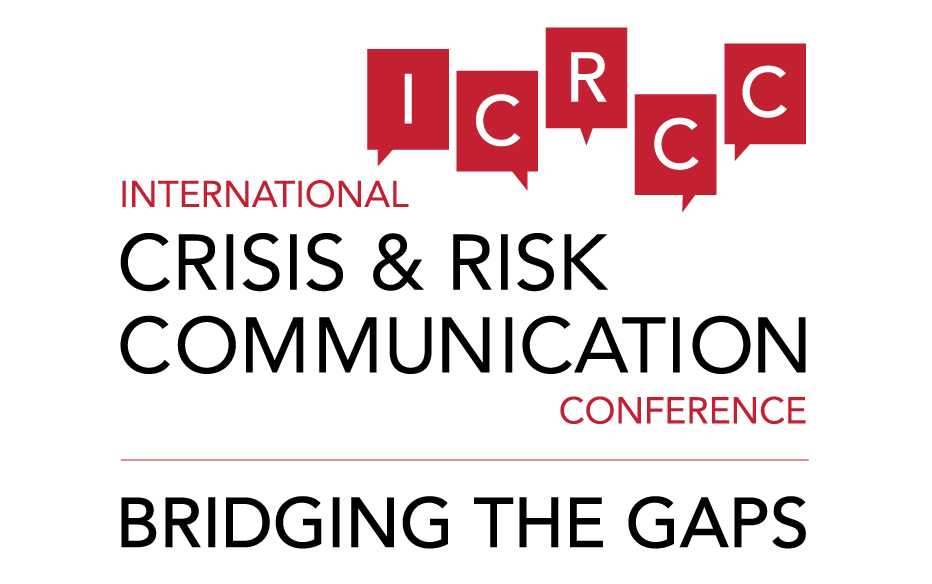
Doctoral Student
North Dakota State University
United States of America
Jenna Currie-Mueller (M.S. North Dakota State University) is currently a second-year Ph.D. student studying Media and Society with an emphasis in both Organizational Communication and Emergency Management at North Dakota State University in Fargo, N.D. She currently teaches and serves as the course director for the university’s intercultural communication course and her previous teaching experience includes media planning and public speaking courses.
Her areas of research interest include risk and crisis communication, media framing, and supervisor-subordinate relationships in organizations. Considering the focus of risk and crisis communication, she is interested in media framing of natural and technological disasters and organizational crises during both crisis and post-crisis stages of the crisis cycle. Her current work focuses on risk perception and mitigation messages in media frames during a crisis and the framing of remembering past crises.
She is also interested in the role of mass-personal communication during a crisis and examines how social media intersects with risk and crisis communication during the pre-crisis stage of the crisis cycle. Her 2014 master’s thesis explored the communication occurring on social media between government officials, media, and the public during the pre-crisis stage of a slow onset flood disaster.
Pointing Fingers Across the Tracks: An Examination of the Lac-Mégantic Rail Disaster Using the Dialectical Tensions of Risk and Crisis
In 2013, a Montreal, Maine & Atlantic (MMA) train carrying 7.7 million liters of Bakken Shale petroleum crude derailed and exploded in in downtown Lac–Mégantic, Quebec. The explosion instantly killed 47 people and destroyed over half of the downtown area. Using the theoretical framework of the dialectical tensions of risk and crisis, this presentation analyzes the communication that followed the disaster. Focusing on the tensions of responsibility and emotional connection, the presentation explores how MMA handled the tension of responsibility and examines the intersection of the tensions of responsibility and emotional connection during the crisis and post-crisis. The presentation will examine the consequences of not responding to certain tensions in a crisis as well as organizational learning on a larger level within the industry.
The presentation explores the effects MMA had on other organizations and regulations in the industry and examines organizational learning within a socially stigmatized industry during post-crisis.


